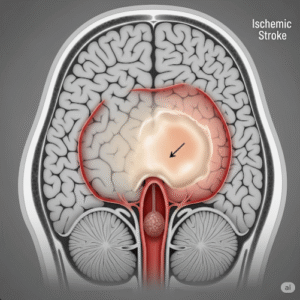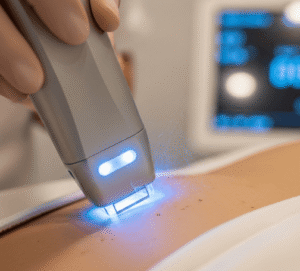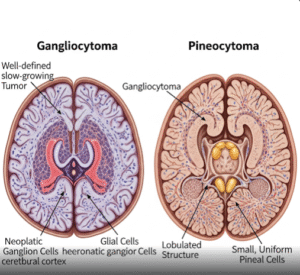Overview
Aortic regurgitation is a heart valve disorder where the aortic valve does not close properly, causing blood to flow backward from the aorta into the left ventricle during diastole. This can lead to heart enlargement, decreased cardiac efficiency, and eventually heart failure if untreated. Early detection and management are key to preventing complications.
What is Aortic Regurgitation?
Aortic regurgitation (also called aortic insufficiency) occurs when the aortic valve leaflets fail to seal tightly, allowing blood to leak back into the left ventricle. This increases the volume the heart must pump and can stretch the heart muscle over time. The condition can be acute or chronic, with varying severity.
Symptoms
- Fatigue and weakness
- Shortness of breath, especially during exertion or when lying flat
- Palpitations or irregular heartbeat
- Chest pain or angina
- Swelling in ankles or feet (edema)
- Heart murmur detected by a physician
- Dizziness or fainting in severe cases
Causes
- Congenital valve defects (e.g., bicuspid aortic valve)
- Degenerative changes due to aging
- Rheumatic heart disease
- Endocarditis (infection of the heart valves)
- Aortic root dilation from hypertension or connective tissue disorders (e.g., Marfan syndrome)
- Trauma or chest injury
- Previous heart surgery
Risk Factors
- High blood pressure
- Family history of valve disease
- History of rheumatic fever or endocarditis
- Connective tissue disorders
- Older age
- Smoking and other cardiovascular risk factors
Complications
- Left ventricular enlargement and dysfunction
- Heart failure
- Arrhythmias (irregular heartbeats)
- Increased risk of infective endocarditis
- Reduced exercise tolerance and quality of life
Prevention
- Managing blood pressure and other cardiovascular risk factors
- Prompt treatment of infections to prevent endocarditis
- Regular cardiac checkups if at risk or diagnosed early
- Lifestyle modifications including smoking cessation, healthy diet, and exercise
Treatment Options in Korea
Korea offers advanced cardiac care for aortic regurgitation through medical management, surgery, and ongoing monitoring:
Diagnosis:
- Echocardiography to assess valve function and heart size
- Cardiac MRI or CT for detailed imaging if needed
- Electrocardiogram (ECG) for rhythm evaluation
Medical Management:
- Medications such as vasodilators, diuretics, and beta-blockers to reduce symptoms and heart strain
- Regular monitoring for disease progression
Surgical Treatment:
- Aortic valve repair or replacement (mechanical or tissue valves)
- Minimally invasive and open-heart surgery options available
- Transcatheter aortic valve replacement (TAVR) for selected patients













